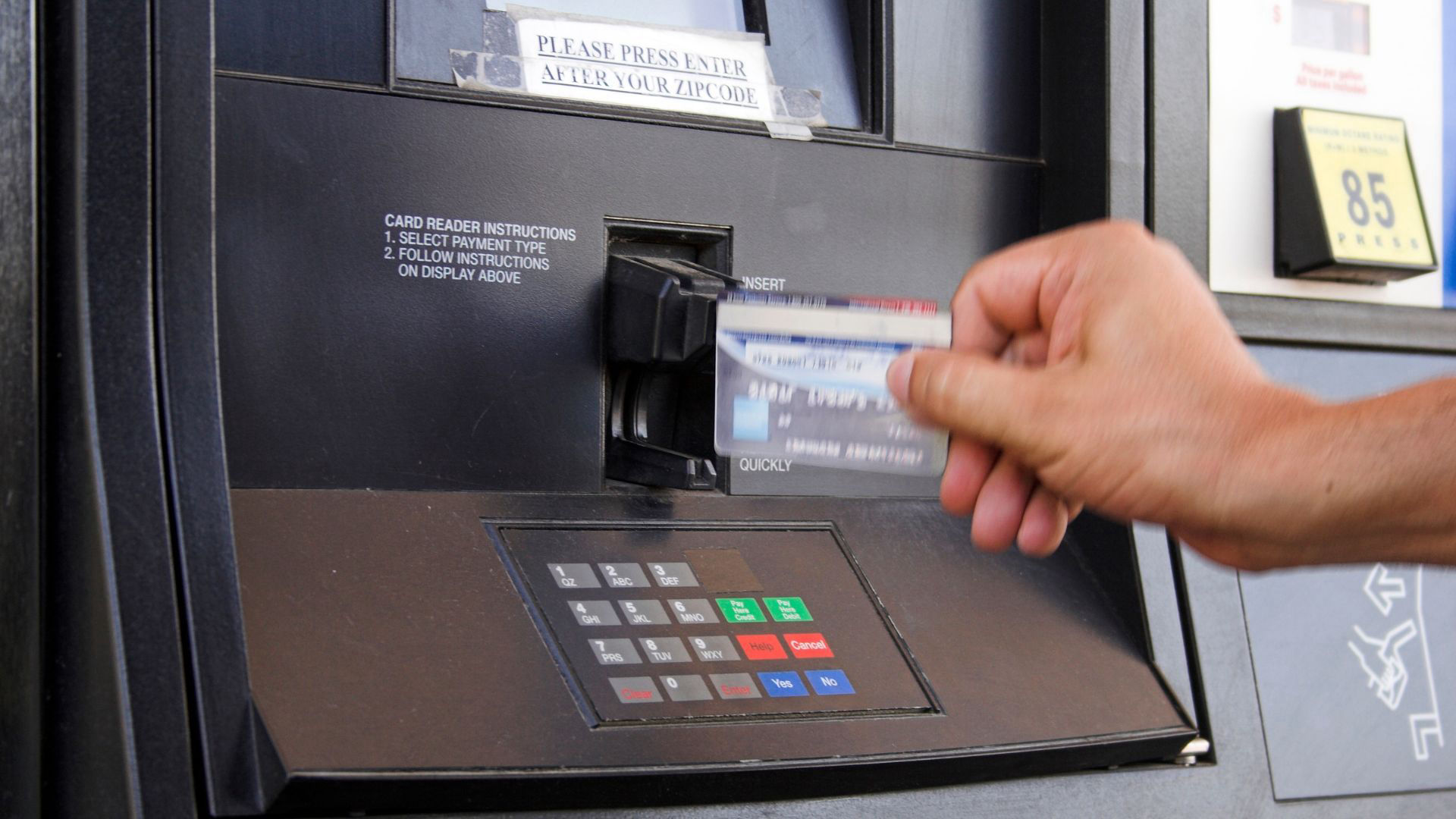How a Business Fleet Card Can Improve Your Budgeting Process
Managing a business fleet comes with its fair share of expenses—fuel, maintenance, tolls, and sometimes even unexpected repairs. When you're trying to stay on top of all of that while keeping your budget tight and accurate, it can feel like you’re juggling too many things at once. That’s where a business fleet card comes into play. It's not just a convenient way to pay for fuel; it's a real asset when it comes to streamlining your financial planning and improving how you handle your budget overall.
